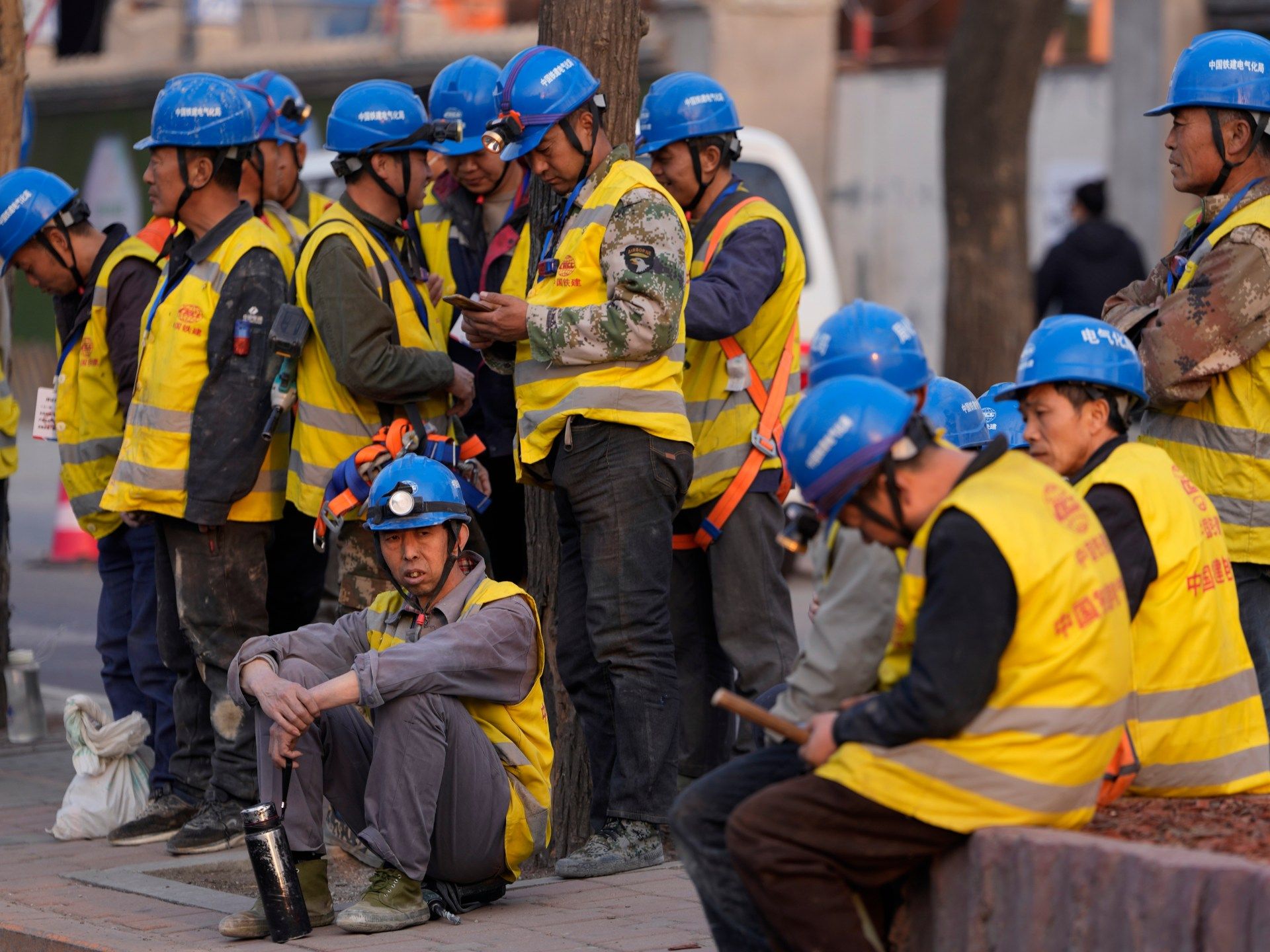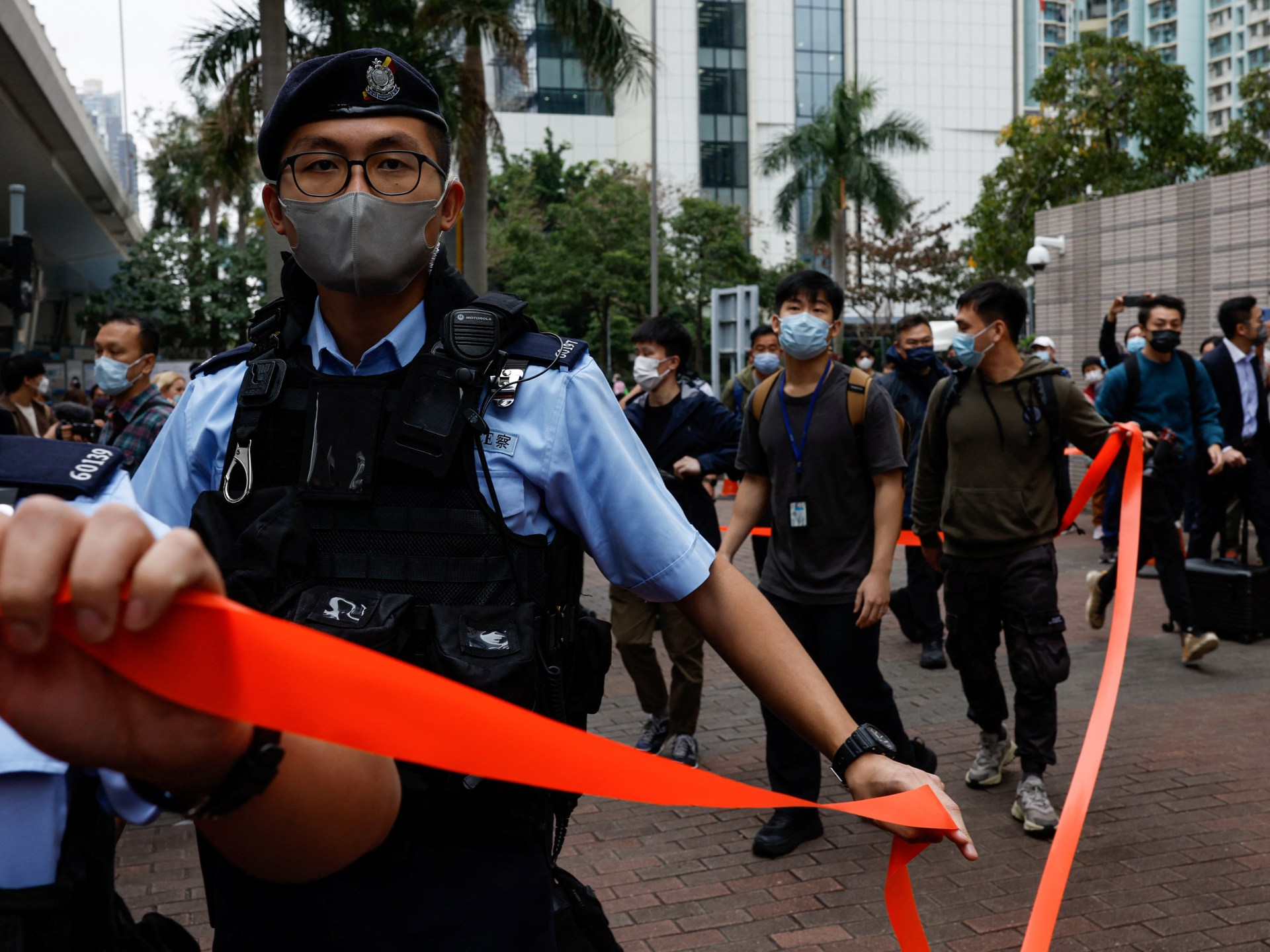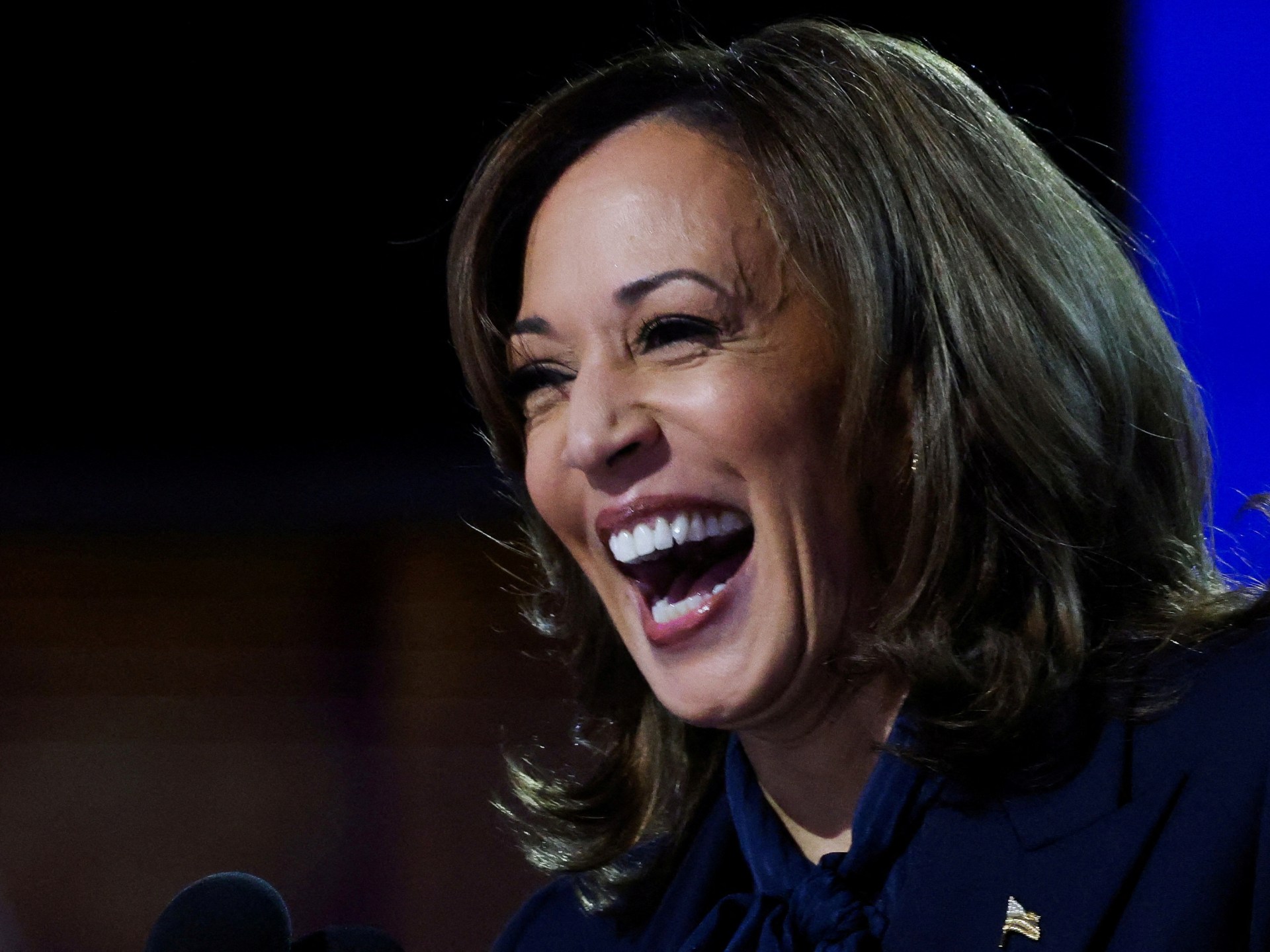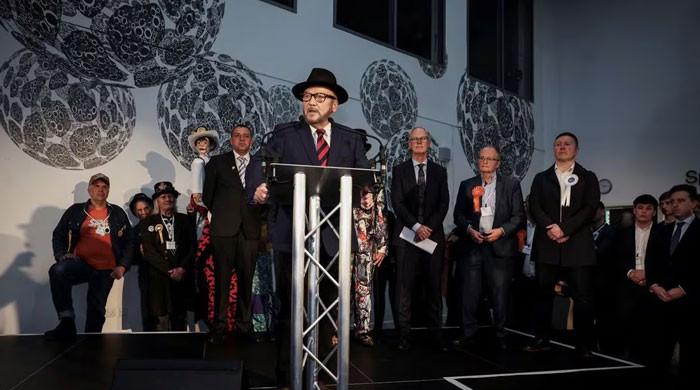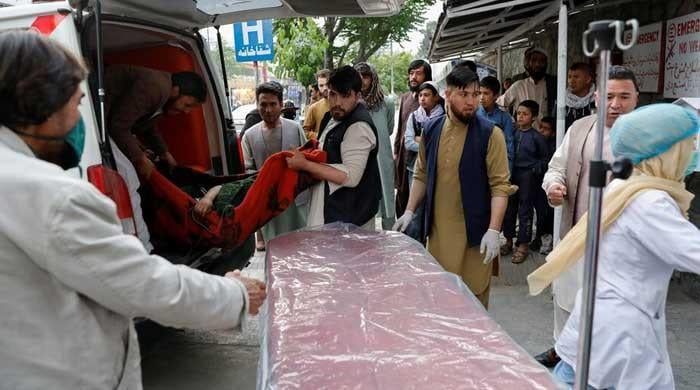The statistics agency says the economy has had a “good start” to the year under the leadership of Chinese President Xi Jinping.
China's economy grew faster than expected in the first three months of the year, a boost for authorities battling a housing crisis, weak consumer demand and rising public debt.
Gross domestic product (GDP) grew 5.3 percent in the first quarter, data released Tuesday by the National Statistics Office (NBS) showed, comfortably ahead of forecasts and ahead of a 5.3 percent expansion. .2 percent in the previous quarter.
By sector, industrial production and agriculture grew by 6.1 percent and 3.8 percent, respectively, while services grew by 5 percent, according to NBS data.
The NBS said in a statement that the economy was off to a “good start” under “the strong leadership” of the Communist Party of China Central Committee and President Xi Jinping.
“As a result, policies continued to take effect, production and demand remained stable and saw an increase, employment and prices remained stable overall, market confidence continued to rise, and high-quality development made new progress” said the statistics agency.
The better-than-expected figures came days after China reported that exports and imports fell 7.5 percent and 1.9 percent, respectively, in March, missing expectations.
The world's second-largest economy has struggled to sustain a recovery from the COVID-19 pandemic amid a series of long-standing structural challenges, including a heavily indebted real estate sector and a shrinking population.
Earlier this month, Fitch Ratings downgraded China's sovereign credit outlook to negative, citing “increasing risks to the outlook for China's public finances” as Beijing tries to move away from real estate-led growth.
Last month, Beijing set a growth target of 5 percent by 2024, a rate that would outpace most developed economies but would be among the country's slowest expansions since 1990.
Officials have unveiled a series of fiscal and monetary policy measures to boost the economy, including spending $1.8 trillion on major construction and infrastructure projects.

